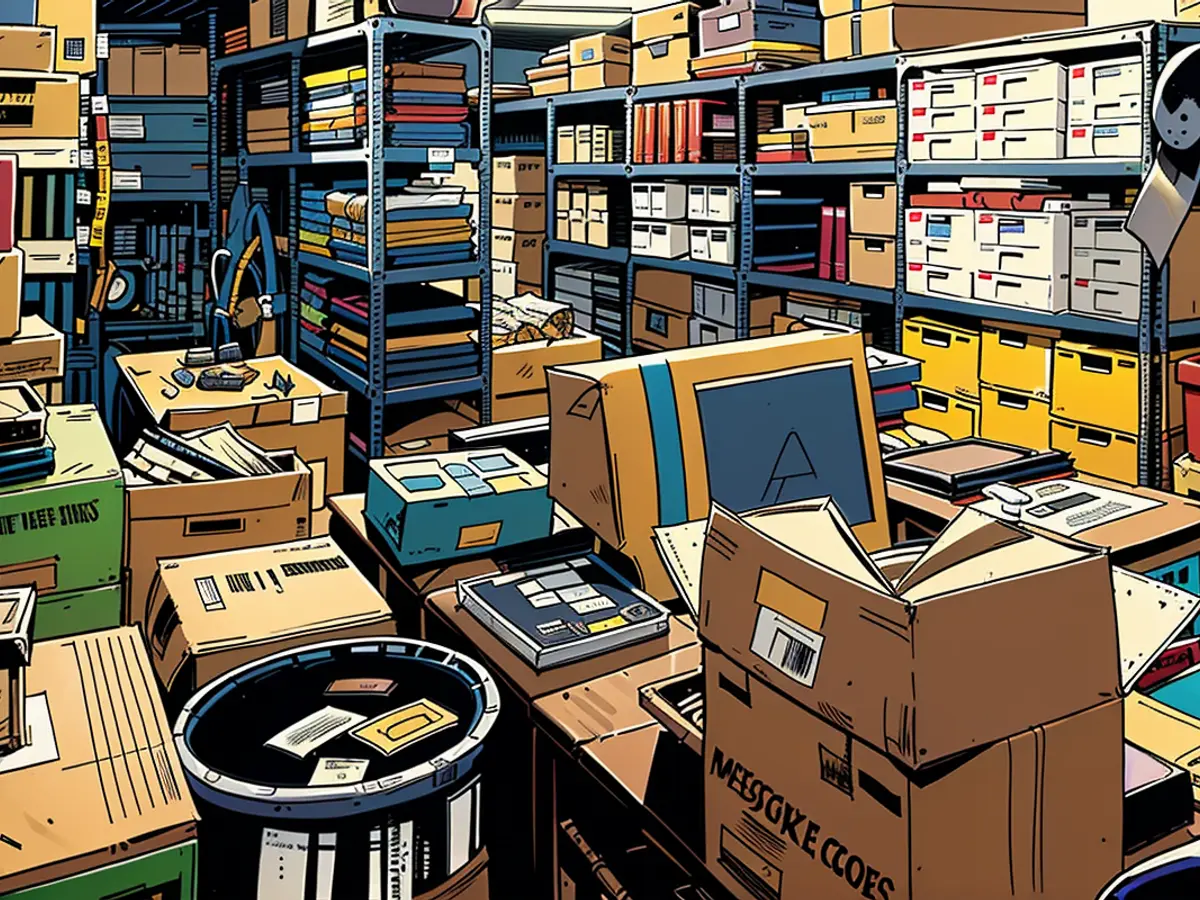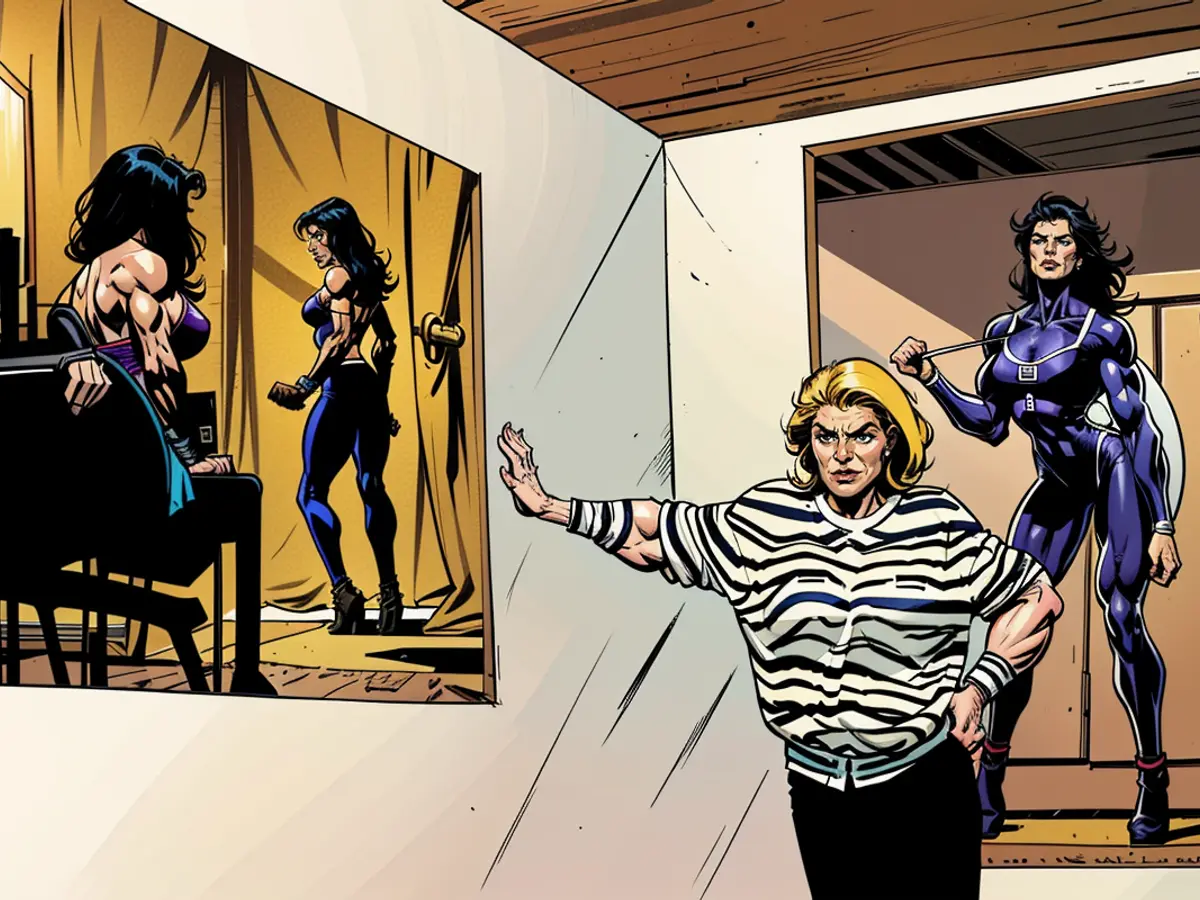For the first examination of the contentious Nuba images by Riefenstahl.
After reaching the ripe age of 101, the infamous filmmaker under Hitler's regime, Leni Riefenstahl, passed away in September 2003. Her estate remained untouched for countless years. However, now, for the very first time, German and Sudanese scholars have delved into her controversial footage of the Nuba people, which dates back to the 1960s and 1970s.
The long-dormant estate has now become the focus of a two-year research project, where scientists from these two nations have collaborated to scrutinize Riefenstahl's controversial legacy.
These researchers have scrutinized around 10,000 photographs and records that Riefenstahl (born in 1902, deceased in 2003) had captured of the indigenous Nuba people from the Nuba Mountains in southern Sudan. These findings will be presented at a symposium in Berlin this very weekend.
Nuba: "Strange Grandmother"
According to the researchers, the photographs and films need to be considered in the context of colonialism and racism. At a press conference, Sudanese researcher Guma Kunda Komey from the Pan Nuba Rat revealed that the people portrayed in these documents were unaware of Riefenstahl's intentions, viewing her more like a "strange grandmother."
They had no idea about the controversies surrounding the filmmaker, even harboring a certain respect for her. The photos were ultimately released in two photo books that had global circulation. When the Nuba individuals learned of the true nature of the situation, they felt exploited and have demanded reparations.

The Nuba people are an ethnically diverse group, encompassing 50 different ethnic groups and ten linguistic categories. The iconic images taken during the 1960s and 1970s depicted the Nuba adorned with tribal facial tattoos or armed with weapons used in combat.
Legacy: A Treasure for Nuba
Despite the criticisms, these documents still hold immense value for the contemporary Nuba generations, according to Komey. They serve as a means for them to reconnect with their past, gain insights into how their ancestors actually lived, and feel a sense of pride in their Nuba heritage. The researchers encountered individuals who still remembered Riefenstahl and had even been photographed by her at the original locations.
In 2018, the priceless contents of Riefenstahl's estate were donated to the Prussian Cultural Heritage Foundation. These collections were then distributed among the Berlin State Library, the Art Library, the Ethnological Museum, and the German Kinematheque (SDK) for research purposes. They include photography and film archives, manuscripts, correspondence, diaries, documents, press cuttings, and books.
Leni Riefenstahl gained fame for producing propaganda films for Adolf Hitler, including the critically acclaimed "Triumph of the Will." Despite this, she always maintained that she was apolitical. Recently, the documentary "Riefenstahl" directed by Andres Veiel and produced by TV presenter and producer Sandra Maischberger has also shed light on the controversial artist's legacy.

The research findings from the collaboration between German and Sudanese scholars will be showcased at a symposium in Berlin, highlighting Leni Riefenstahl's photographs and records of the Nuba people from The Sudan.
Despite the controversies surrounding Riefenstahl's intentions, the Nuba individuals view her as a "strange grandmother" and consider her documents as a treasure, helping them reconnect with their past and feel proud of their heritage.







